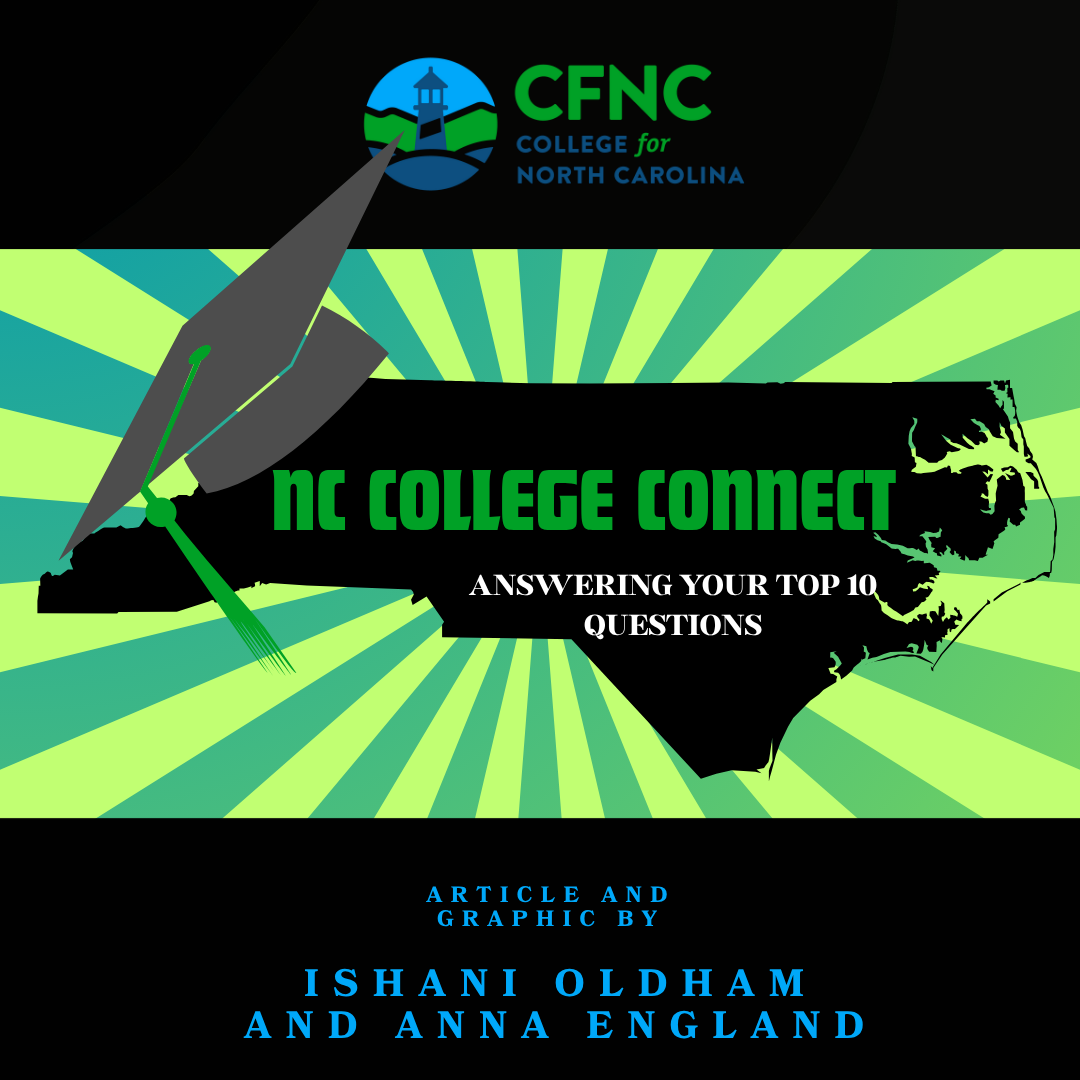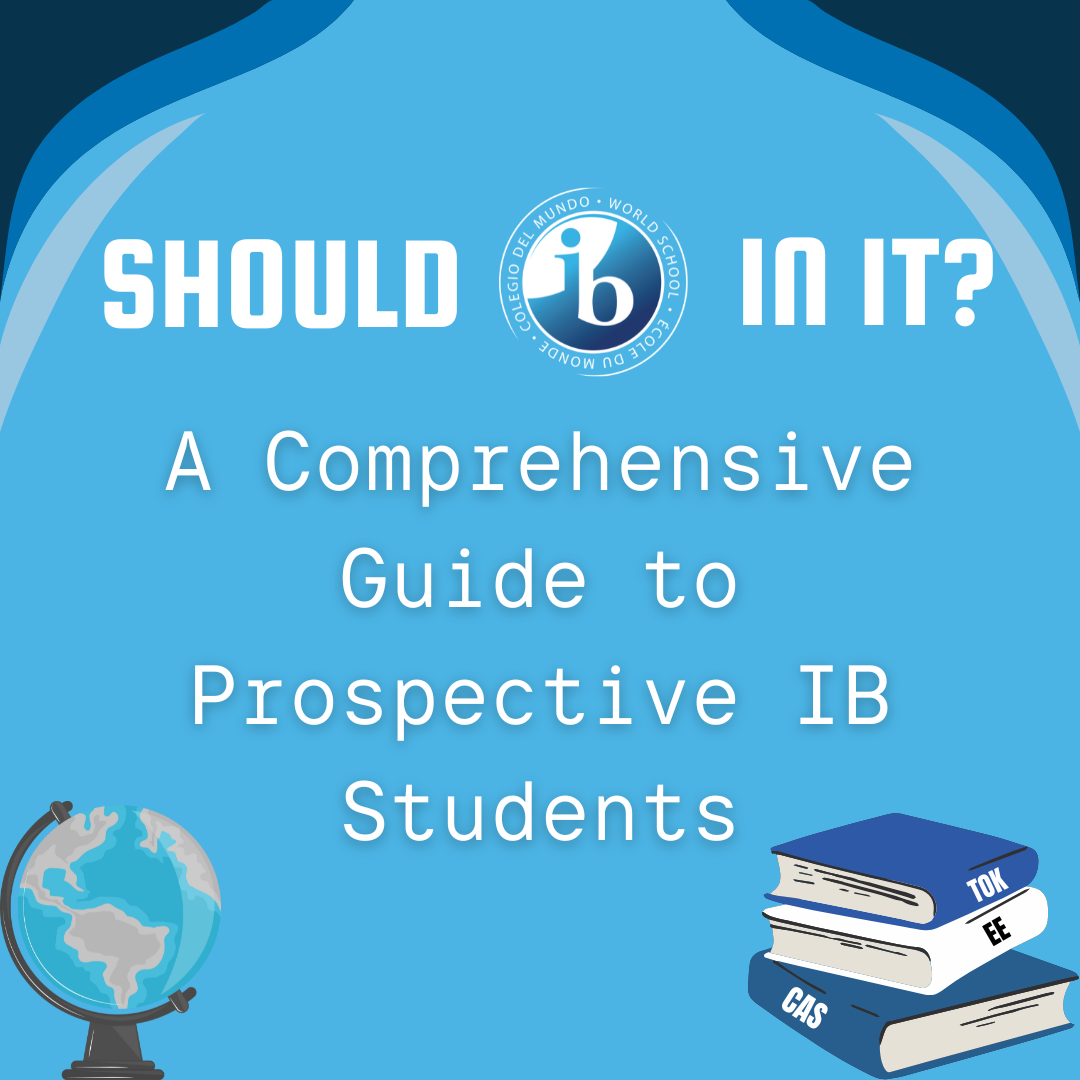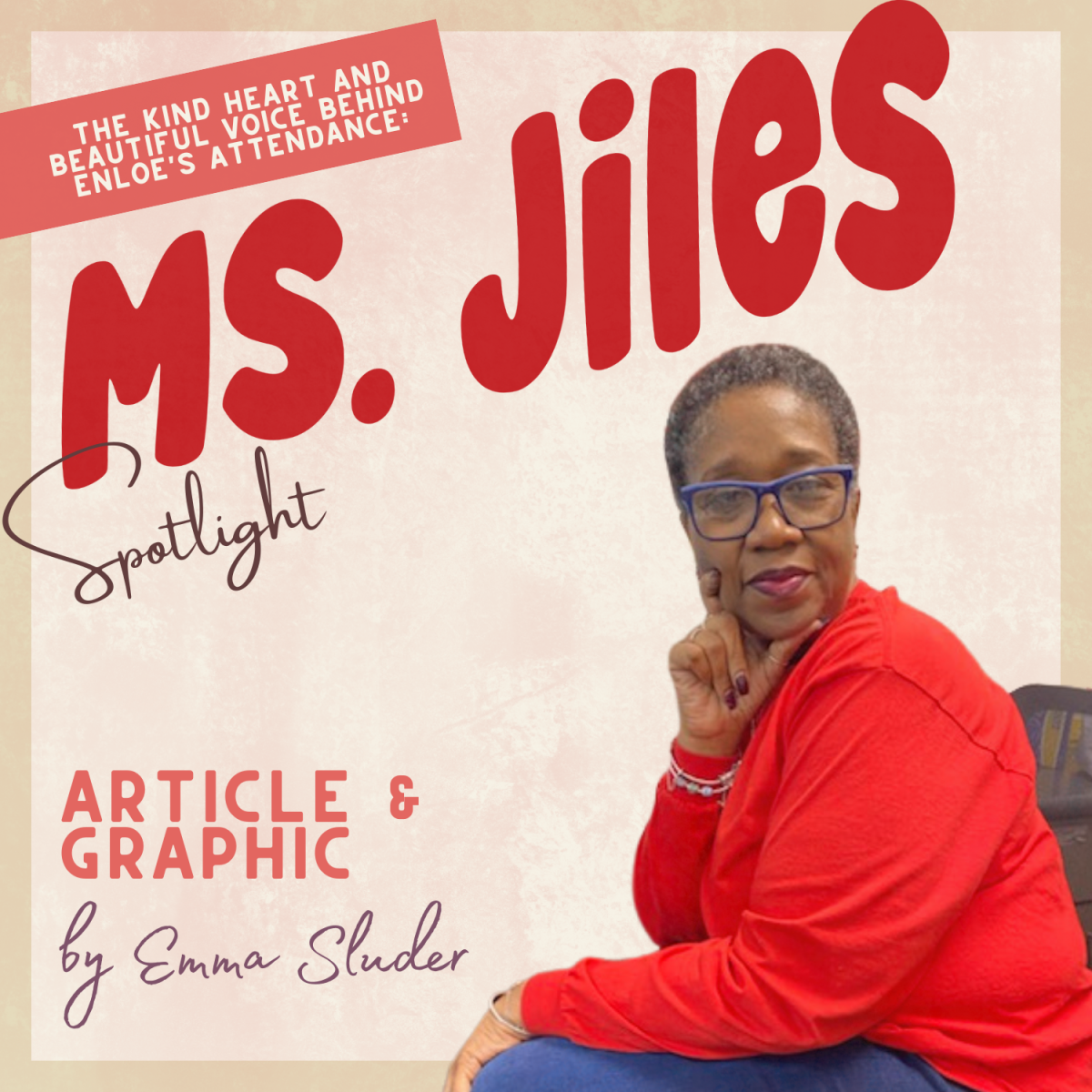The NC College Connect program has the potential to revolutionize the college transition process by allowing in-state students who meet certain requirements to receive direct admission to any of the 98 participating colleges without submitting an application. This program is run by College For North Carolina (CFNC), an organization that provides guidance for students about planning and preparing for college.
What is direct admission?
A direct admission offer tells a student that, should they apply to the offering university, they will be accepted. This is different from the normal application and acceptance process because the student doesn’t need to express interest in the school and complete a standard application; instead, the school takes statistics about this student from one of many sources, such as their school records or profiles on scholarship websites like Niche. The college or university will then reach out to the student via one of these programs with an offer of direct admission.
Who is eligible?
Public high school students in North Carolina with a weighted GPA of at least 2.8 are eligible for direct admission through NC College Connect, provided that they have credits for four courses of English language, four courses of mathematics, three courses of science, two courses of social studies (one must be American History), and two additional academic courses from a core subject, a world language, or computer science. Students must also answer safety questions about high school misconduct and criminal involvement. Students must have a CFNC account in order to participate. If a senior did not have an account at the beginning of this school year, then they did not receive an eligibility letter, even if they met the requirements.
What schools are participating?
Most public and private colleges in North Carolina are participating, although some have additional requirements, such as a higher GPA threshold. All community colleges are eligible. However, the most competitive colleges are not participating, including Duke University, Davidson University, NC State University, UNC-Chapel Hill, and UNC-Wilmington. With so many colleges now only a click away, seniors could feel tempted to accept at dozens of schools. However, Enloe Counselor Ms. Brick still encourages students to only accept at colleges that they are actually interested in attending, even though any offers accepted through the program are nonbinding. She recommends that students make time for a college tour to see what they think about and how they feel on the campus, considering the location, size, programs, and atmosphere.
What are the fees?
Some schools require an application fee, which can be as much as $75, but most do not. However, seniors can take advantage of College Application Week (CAW) from Monday, Oct. 20, through Sunday, Oct. 26. During this week, application fees are waived for many NC colleges if you apply through cfnc.org, and the Enloe counselors will be in the media center to help seniors with the application process. You must visit your desired institution’s website to find out if it participates in College Application Week. Students should accept their admission before the deadline at their individual college, which could be from Jan. 15 to July 15. There is a possibility that some participating institutions might close off the ability to reserve your spot if they fill their seats, so Mrs. Brick suggests that students try to accept all of their desired admission offers by November.
What do students need to fill out?
When accepting their admission offers, schools will ask students for the program/major they are applying to, the term and campus in which they intend to begin college, their disciplinary history, and their affirmation that they will adhere to the requirements of the NC College Connect program and graduate with their high school diploma by the end of this academic year. Students could also need to submit their official high school transcript. Transcripts can be requested through Scriborder, where students are allowed three free requests of their official transcript this year before the service begins to charge them for requests. Some schools may ask for additional information, so it is important to carefully read through the acceptance form for each institution. If students have any questions about accepting their offer at a specific school, they are encouraged to contact that institution’s admissions office directly via the contact information listed in their NC College Connect portal.
What is the Residency Determination Service?
In order to secure your offer of admission and spot at any in-state college or university, you will need to complete the Residency Determination Service (RDS). This verifies to the institution offering you admission that you are a North Carolina resident, and is required to be eligible for in-state tuition and acceptance programs. Mrs. Brick suggests that students go about completing this with their parents now, regardless of whether or not they are accepting their NC Connect offers, since the RDS is required for any college or university in North Carolina. Counselors will also be able to help students with this process in the media center during Free College Application Week. The RDS form takes about 30-45 minutes to complete and asks for information such as vehicle registration numbers and tax form identifiers for both students and their parents. The full list of required identifiers can be found here.
How do students apply for specific programs at a college?
For students who would like to be considered for honors colleges or other special academic programs at the institutions where they are accepting admission, they must still adhere to the deadlines to apply for those programs as posted by the desired school. There is no secondary application fee for these programs. Once you accept your NC College Connect offer, you will be given access to the application portal for your specific schools and be prompted from there to apply for scholarships and special programs.
What is the impact of the program?
Mrs. Brick sees the program as a way to eliminate barriers by removing some of the unnecessary difficulties of the application process, making it simpler and less time-consuming. It is also an opportunity to increase enrollment for in-state schools.
What about underclassmen?
As underclassmen approach the college process, Mrs. Brick suggests that they create a CFNC account and remember not to overlook the many colleges located in North Carolina. It is important to keep in mind that the program may not stay the same in the future, so students should be on the lookout for the latest updates and stay prepared to go through the normal college admissions process.
What resources are available for students?
Students can visit the College Connect website for more information about the program. Counselors are available for senior meetings, which students need to schedule in advance. Students can also reach out to Ms. Moore, the financial aid advisor. She will be talking to seniors about financial aid in their EPF classes and is able to help students and their families fill out the Free Application for Federal Student Aid (FAFSA).
Works Cited
“NC College Connect | CFNC.” Cfnc.org, 2024, www.cfnc.org/education-professionals/nc-college-connect-ed/. Accessed 5 Oct. 2025
“NC College Connect | NC DPI.” Nc.gov, 2025, www.dpi.nc.gov/students-families/enhanced-opportunities/advanced-learning-and-gifted-education/nc-college-connect. Accessed 5 Oct. 2025.
“NC Countdown to College | CFNC.” Cfnc.org, 2025, www.cfnc.org/apply-to-college/nc-countdown-to-college/. Accessed 5 Oct. 2025.
“NC RDS | Important! Before You Begin | NC Residency Determination Service.” NC Residency Determination Service, 2016, www.ncresidency.org/important-before-you-begin/. Accessed 5 Oct. 2025.














